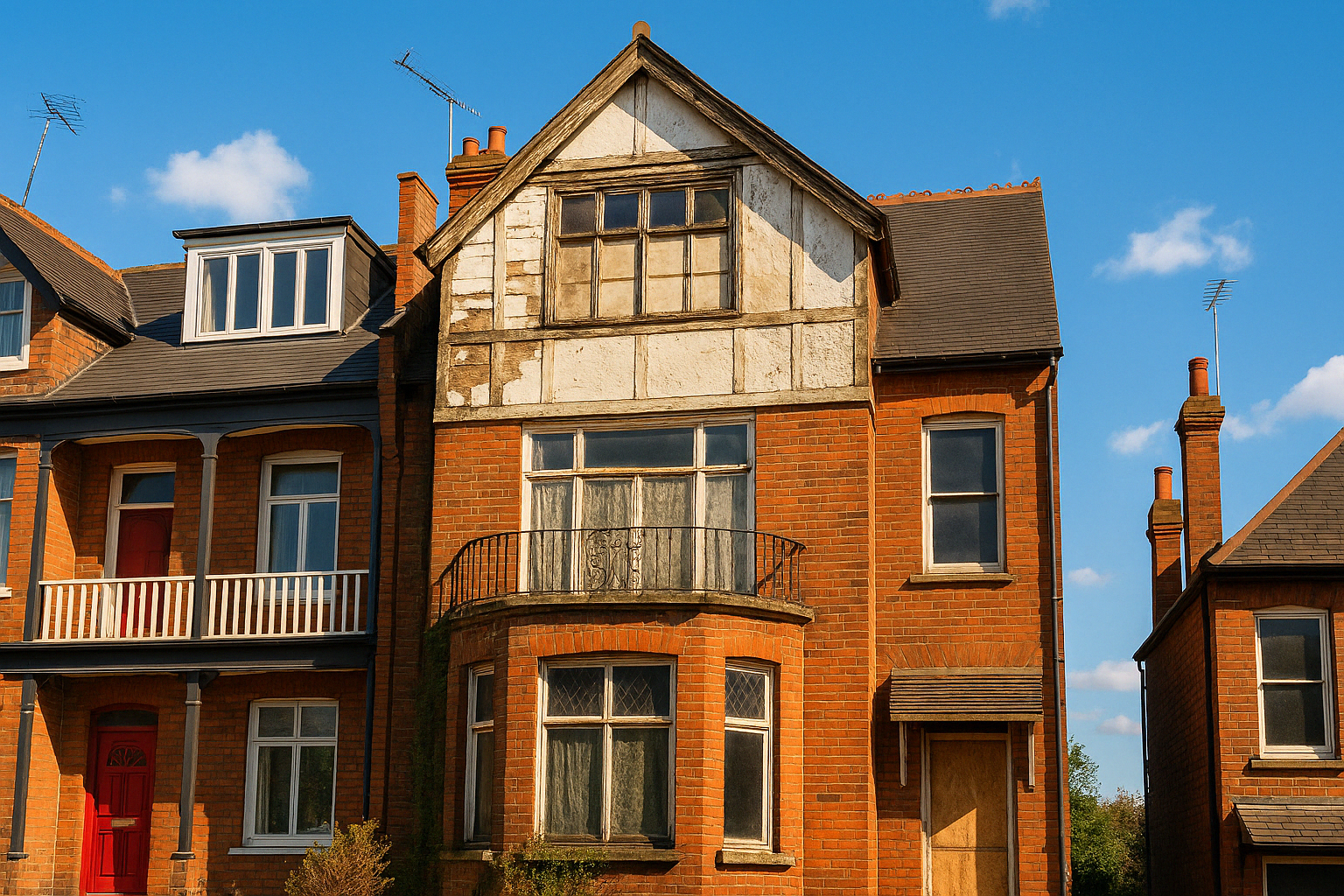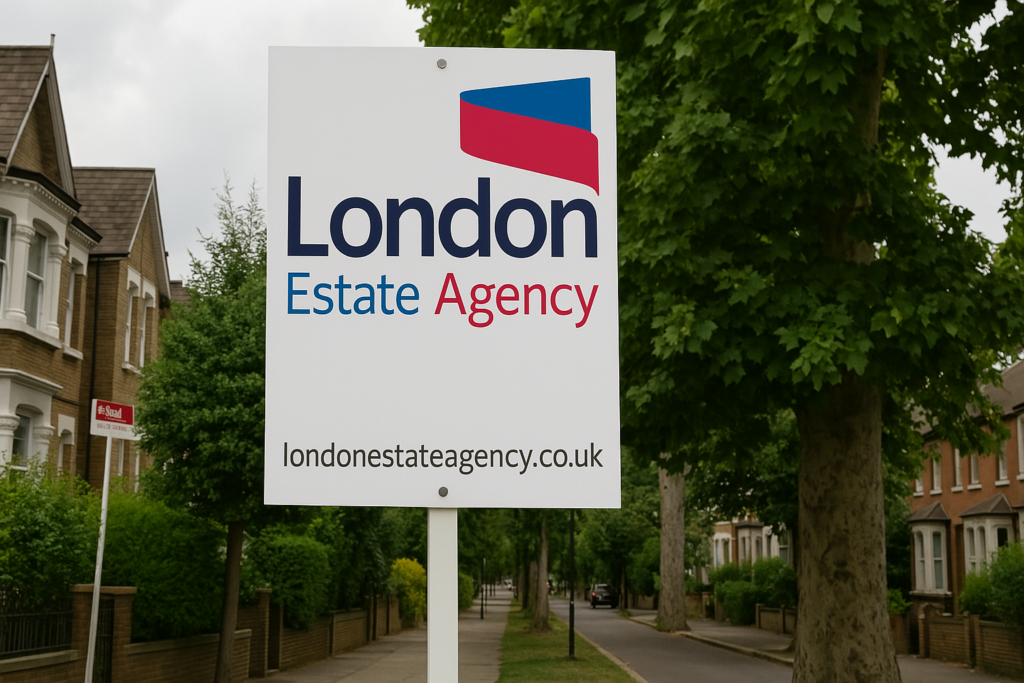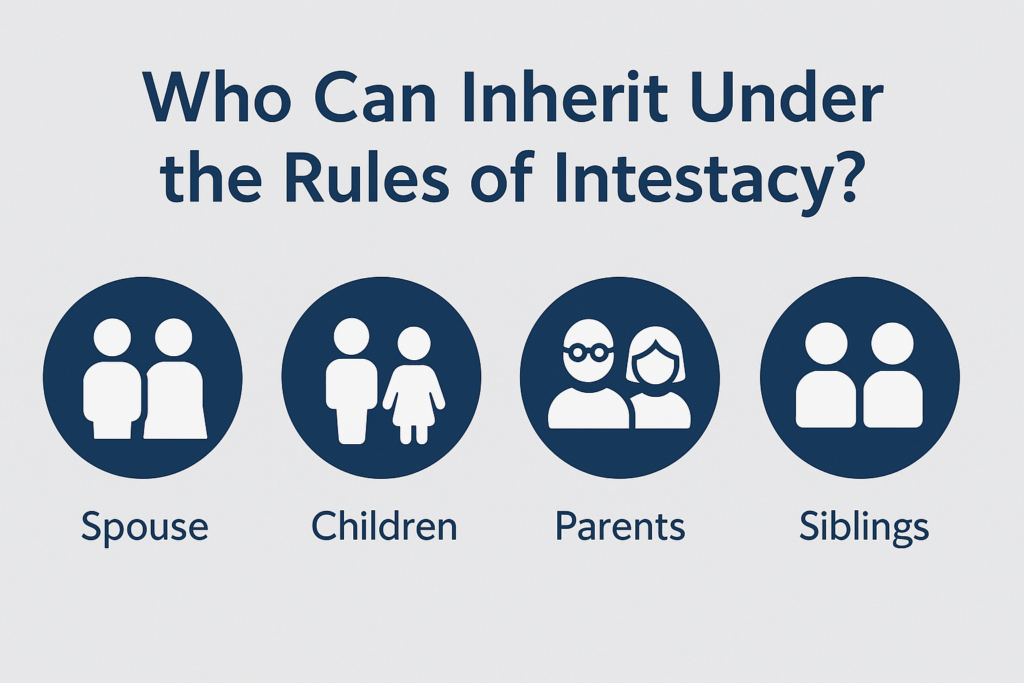One of the most common concerns when inheriting a property is: Can I sell my inherited property without paying Capital Gains Tax (CGT)?
The answer isn’t always straightforward and depends on timing, usage, and strategic planning.
In this detailed guide, we explore all the legal pathways to minimise or avoid CGT, help you understand your obligations, and explain how our expert property services at London Estate Agency can assist you at every step.
Understanding Capital Gains Tax on Inherited Property
Capital Gains Tax is a tax on the profit when you sell an increased asset.
In the case of inherited property, you’re only taxed on the gain made from the time you inherited it, not the gain the deceased may have made during their ownership.
For example, if the property was valued at £400,000 when you inherited it and later sold for £500,000, CGT is only potentially due on the £100,000 gain.
Do You Always Have to Pay CGT When Selling an Inherited Property?
Not necessarily. There are specific circumstances under which you might not have to pay CGT or could significantly reduce your liability.
1. Principal Private Residence Relief
If the inherited property becomes your primary residence, you could qualify for Private Residence Relief, meaning no CGT is payable on sale. To qualify:
- You must live in the property as your main home.
- It must be your primary residence for all or part of the ownership period.
- You may also qualify for partial relief if you lived in the property for some time.
2. Timing of the Sale
Selling the property soon after inheritance, before any substantial increase in value, might result in little or no CGT because there may be minimal gain since the date of inheritance.
3. Using Tax-Free Allowances
In the UK, individuals benefit from an annual CGT allowance (£6,000 for 2024/25). This means you can make this amount in gains tax-free. Couples can combine their allowances if jointly inheriting.
4. Offsetting Costs
You can deduct costs associated with the sale or improvement of the property, such as:
- Estate agent fees
- Solicitor’s fees
- Capital improvements (e.g., a new kitchen, not maintenance)
These reduce your taxable gain.
Inheritance Tax vs. Capital Gains Tax
It’s essential to understand the difference. The deceased’s estate pays Inheritance Tax (IHT) if the estate is above the threshold (£325,000 as of 2025). Once the estate has paid this, the property will be passed on to you. CGT only becomes relevant if you sell the property later.
Strategies to Reduce or Avoid Capital Gains Tax
Here are some innovative approaches you can take:
1. Transfer Ownership Before Sale
In some cases, transferring a share of the property to a spouse or civil partner before selling can allow both CGT allowances to be used, reducing the taxable amount.
2. Sell in the Right Tax Year
If you’ve already used your annual CGT allowance this year, and the property isn’t urgent to sell, waiting until the next tax year can allow you to utilise a fresh allowance.
3. Consider Using a Trust
Placing property in a trust can help manage CGT liability, especially in large estates or when planning for multiple beneficiaries. This requires expert legal advice, which we can coordinate through our network of trusted professionals.
How Our Services Can Help You Sell Inherited Property Tax-Efficiently
At London Estate Agency, we offer a complete probate and inheritance property service tailored to help executors, beneficiaries, and families navigate the selling process with minimal stress and maximum tax efficiency.
Here’s how we help:
- Free Property Valuation at the time of inheritance to establish an accurate CGT baseline
- Strategic Sales Advice to guide you on when and how to sell
- Cash Buyer Network to achieve quick and chain-free sales
- Probate Property Clearance & Management for vacant or unmodernised properties
- In-house Legal Guidance for CGT, IHT, and Section 13 Rent Reviews
- Landlord Services if you choose to rent instead of sell (with tenant screening and rent protection included)
Explore all our Estate Agency Services for a full view of how we support inherited property sales in London and beyond.
FAQs About Selling Inherited Property and Capital Gains Tax
Can I sell inherited property immediately after death without CGT?
You can sell it immediately, but CGT is still assessed based on the market value at the date of death, so if there’s no increase, there’s little to no CGT due.
How do I calculate the gain on inherited property?
Subtract the property’s market value at inheritance (probate value) from the sale price minus allowable costs (legal, agency, improvements).
What if I inherited property jointly?
Each beneficiary is liable for CGT on their share of the gain. Tax planning can be even more valuable in joint inheritances.
Can I avoid CGT by giving the property to someone else?
Gifting a property is also a disposal under CGT rules, and you may still have to pay tax based on market value.
Do I pay both CGT and Inheritance Tax?
No, you don’t pay both on the same gain. The estate pays IHT before you inherit. CGT applies only when you sell, based on the value at the date of death.
Can I rent out the inherited property instead?
Yes, and we offer letting and management services to help you generate passive income from your inheritance, fully compliant with EPC regulations and tenant legislation.
Work With Experts to Maximise Your Inheritance
Selling inherited property can be complex, especially when minimising your Capital Gains Tax liability. At London Estate Agency, we combine deep market knowledge with a legal and financial experts network to ensure your property sale is fast, compliant, and tax-efficient.
Whether you’re the sole heir or managing a complex probate estate, we provide a one-stop solution – from valuation to sale.
Instruct us today for a free consultation, and let’s help you turn your inheritance into an innovative and seamless sale.





